Trumbo Review
I am Spartacus
Released : February 5th 2016
Certificate : 15
Director : Jay Roach
Cast : Bryan Cranston, Helen Mirren, Diane Lane, Elle Fanning, Louis C.K., John Goodman, Michael Stuhlbarg, Alan Tudyk
Plot : In the late 1940’s a series of Hollywood workers, including screen writer Dalton Trumbo (Cranston), are arrested and blacklisted for being a member of the communist party.
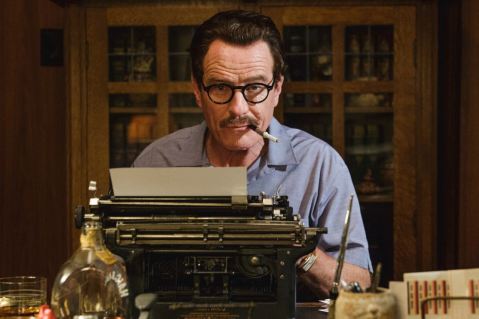
Bryan Cranston follows up his television career with his first of ‘professional’ acting, meaning his first lead in a film that is of a staged serious acting nature. As what better creates the platform for serious as well as high standard acting than and biopic, especially one which has one of the names of the person in the title (examples include Ray, Gandhi, Capote, Amelia, J.Egar, all are bait for one thing). As is the pattern with these types of motion pictures, there has been an across the broad set of nominations for Cranston portrayal of Trumbo, as nothing gets the awards interest like a biopic. What makes this film more favorable to film critics and film awards is the story’s link to Hollywood’s past, which is one of the most eye opening of films about films. Hence alike The Aviator in the sense of the films revolution around a single built to impress performance as well as its ties with the developing years of cinema. However the difference here is that Trumbo’s story linked to cinema is much more prevalent in the minds of some audience members (due to the plot point of Sparticus) and a much more entertaining focus on film with more actors impersonated and a better feel for the film making system developed.
On the side of screenplay, the films has a slightly weak and less gripping opening. The film demonstrates from the outset the persecution the Trumbo and others like him endured without ample time to get to know the characters, hence this isn’t as effective emotionally as it could be. The script suffers in so other aspects as well, in some cases treading water between what is realistic and what is over dramatized dialogue. Trumbo’s character himself is the pinnacle of this issue, with dialogue that is outlandishly brilliant, but is it large than life. The film is self aware of this fact in a line delivered by Louis C.K characters, and on the whole the entertainment value of the script outweighs the thoughts that it stumbles at points being cliche or too purpose built. These issues are also largely lost in the mist of additional aspects of the film where it effectively tackles the topic with a brilliant attitude towards subject matter (not too seriously), integrating a family dynamic that while isn’t unique is well executed, and an all round vibrant and well paced script, and well steeped in the Hollywood history (with the right measurement of cinema legends such as John Wayne and Kurt Douglas) But many lines in the film are a stretch dragging the film out of reality if for the briefest of moments.
The directorial work from Jay Roach if nothing else seems him step into a new chapter in his little know career. With past credits of directing work being the of the Austin Powers series and two thirds of the Meet the Parents series, he is steeped in comedic credibility. This is mostly likely why this is one of the better dramas for him to work on, as it is (while not consistently due to story line) a funny film. For the most part Roach function within the film was too position Cranston as well as possible to allow him the reel in those award nominations. This is very obvious for some parts, such as a unusual shot of an extreme close up on Trumbo’s eye as we see the reflection of his name on screen as he sits in one of his movies. While this may attempt to appear authentic and poignant, it does seem to serve a great advantage to showing how well Cranston can tear up. Not that this is bad directing, but it isn’t particularity adventurous or risky.
Cranston’s Trumbo portrait does as stated before, have one foot in the imaginary, it takes some plot development to be able to get on board with the character to a degree that audience can have an emotive response. This is by no means the fault of Cranston, but rather the script, and by a third way thought the film Cranston had tackled the character down to reality and made him more than enjoyable. While the character isn’t a wholly complex one, emotionally speaking or have a huge amount of character development it is a feet to pull the character off. As on paper he is one that many could quite easy ham up. So this Oscar nomination is award for the ability to play the unusual character with convictions as well as being able to tear up (to a believe extent) at a drop off a hat and get that crock in the voice in such scenes to really give the audience the feels. While the emotions for the audience might not match Trumbo’s he does tick all of those box’s, maybe with a little less charisma the character would have been fully landed to give an emotional performance.
Trumbo entering this award season listing for one reason only, Cranston performance, in this film containing all the conventions of a typical bio pic award bait film. This doesn’t make it a cheat of talent just due to its formula, but it does make it recognizable as a sub genre of film. Within this sub genre the film won’t be ranked as higly as others, but there is still strong work and entertainment involved. Its a memorable performance from Cranston who manages take his skills as a strong character actor from television to film for the the first time in a performance which is overshadowed by other talents of this year. Trumbo is a eye opening film about a side of Hollywood not well documented, and for fans of the movies it will be a joy to see this historical pieces steeped in classical cinema history. And along the way you’ll a solidly entertaining charismatic performance from Cranston with a script to boot, full of smooth and fun dialogue, unfortunately there isn’t enough skill to make it a bio pic hit. But remember, that many of the bio pic greats are some of the best in cinema history, not always as easy as it looks.
Verdict : Cranston embodies a larger than life character from a script that has a story which is eye opening and a brilliant period piece, as well as a tad charismatic and cliche. Goodmans a riot as well.
Verdict : 3/5
Quote : “I’m in this for the money and the pussy and they’re both falling off the trees!”
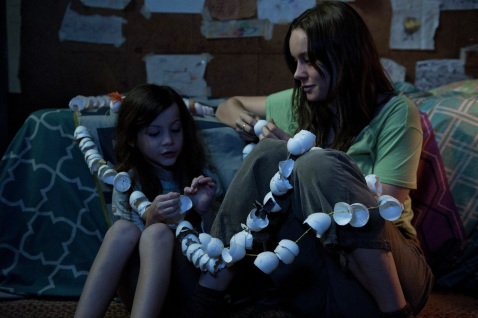
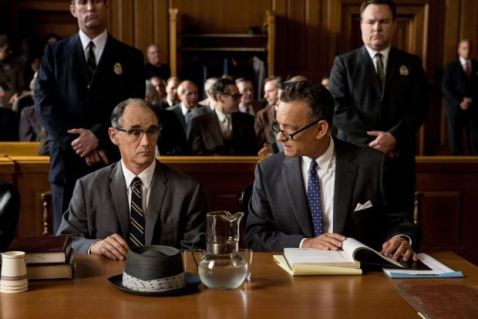
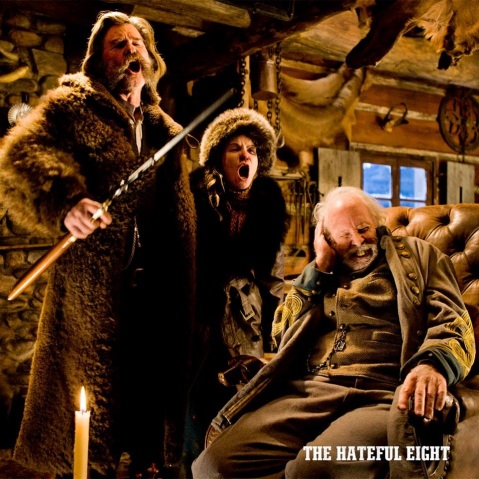
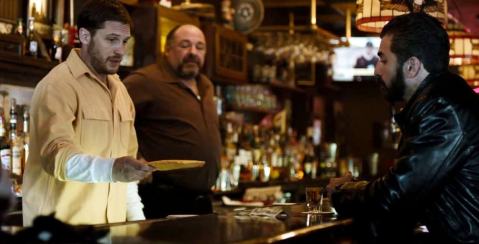
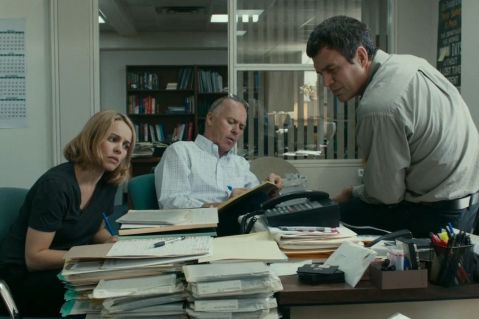
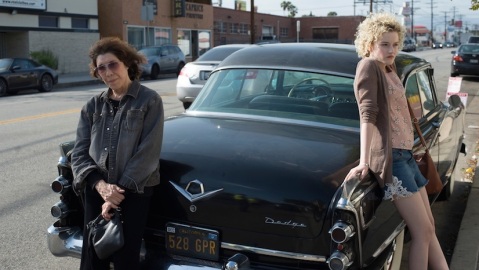
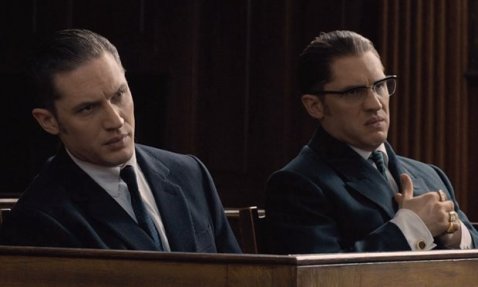
Recent Comments